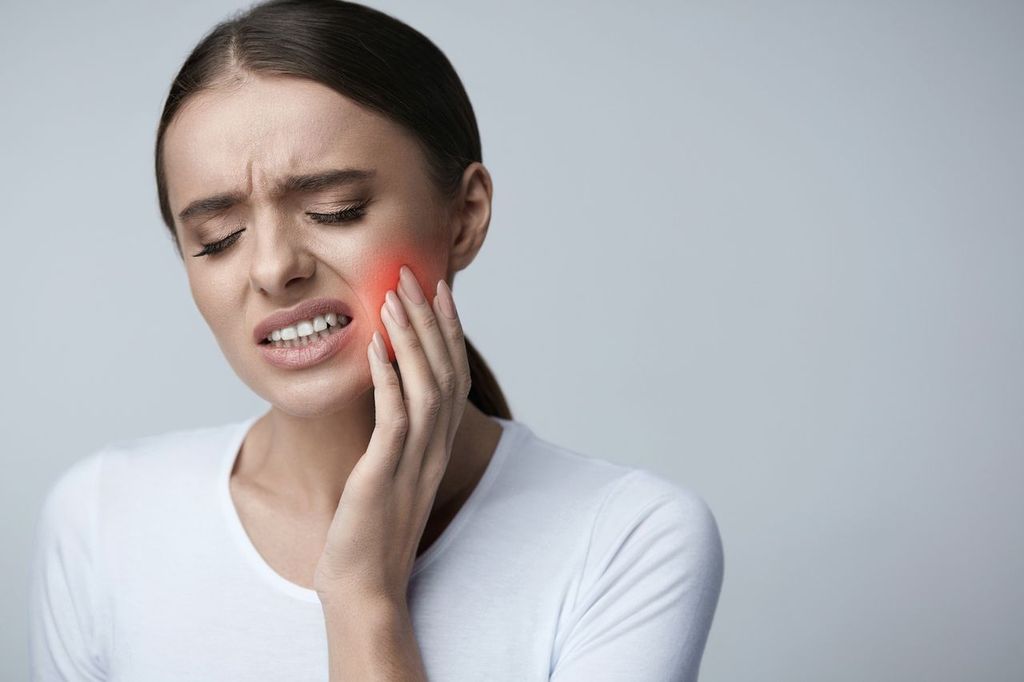If your tooth hurts, the persistent pain can severely disrupt your day. Even if you think you can tolerate a toothache, you should not ignore it. Oral pain can signify a serious dental problem that may require intervention from your dentist.
These types of dental concerns can worsen without dental treatment, so do not wait to call your dentist if you feel any oral pain. But you might notice that you can experience a few different kinds of tooth pain, and each can require a different dental solution to treat them. Review three types of toothaches you might notice in your smile, as well as what may cause them, when you read on.


Tooth Sensitivity
Notice a sharp pain in your tooth triggered when you bite into a food item? This excruciating pain usually fades away when you remove the food in question or other stimuli. This intermittent pain is known as tooth sensitivity.
The pain happens when a stimulus touches a nerve in the tooth. Usually, a hard outer shell called enamel covers the tooth’s nerves, preventing sensitivity pain. But if enamel weakens, thins, or breaks, then the nerves become exposed.
In most cases, tooth sensitivity does not go away on its own. Your dentist will need to treat the underlying cause of the dental erosion and then replace the damaged enamel.
They can do this by treating a cavity or using a dental crown to cover the surface of a tooth. The ceramic cap of a crown will shield the nerves once more, stopping this type of tooth pain.
Dull, Chronic Toothache
If you feel a constant ache in your tooth, a number of factors could cause this discomfort. Sometimes, the issue is acute and will be resolved with at-home measures.
For instance, if you have a bit of food trapped between two teeth, you can remove it by completing your oral hygiene routine. Trapped food will put pressure on the teeth, which can aggravate the nerves and cause tooth pain.
However, other types of chronic conditions can also cause this dull-feeling toothache. If you have a habit of grinding your teeth due to underlying bite problems or excess stress, then the pressure exerted on the teeth from this behavior can lead to a toothache.
Your dentist can pinpoint the cause of chronic tooth pain to offer targeted relief from your symptoms. If you need to fix a misaligned bite to alleviate pressure on the teeth, ask your dentist about Invisalign.
Severe, Throbbing Tooth Pain
An intense pain in your tooth can make it difficult to focus on your usual activities. You should contact your dentist right away if you experience this severe, throbbing oral pain because it likely indicates a dental emergency.
This extreme pain can stem from an injury like a fractured tooth. A crack in a tooth can hurt and will make the tooth vulnerable to further damage. This symptom could also point to an infection within a tooth, which will require urgent therapy from a dentist to clear away the damage and stop it from spreading. Find the dental care that you need for your oral discomfort by calling your dentist.
